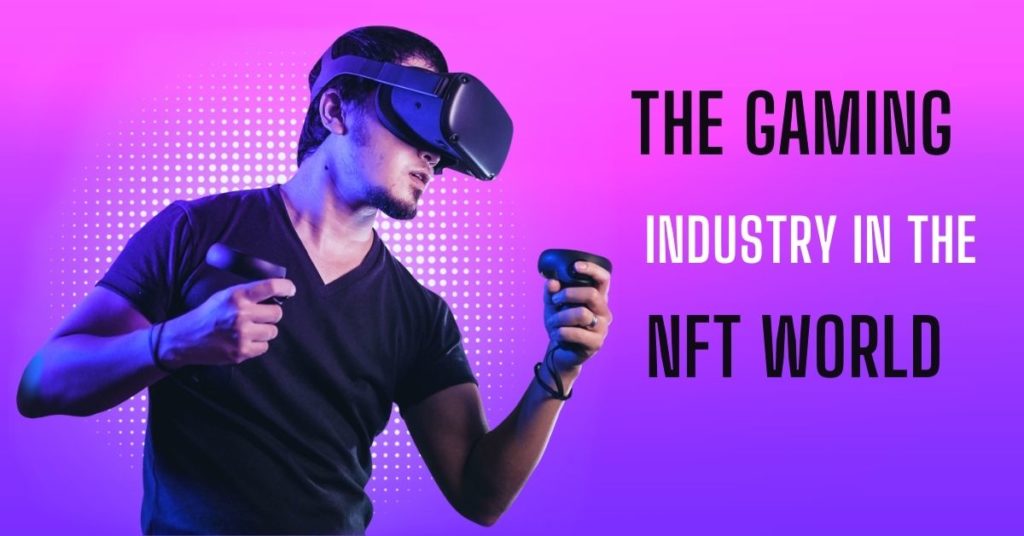The games industry has long produced digital assets and sold them inside of their games. According to Michael Pachter, a video game analyst with Wedbush Securities these big companies will move to the blockchain for transactions. In December 2021, the Ubisoft studio which makes popular games like Assassin’s Creed and Far Cry will integrate NFTs into their squad shooter Ghost Recon Breakpoint.

How NFT Games Are Reshaping The Gaming Industry
The advent of NFT games is a radical change in the gaming industry. They give players the power and advantages not possible before. Whereas playing video games was once seen as a waste of time it is now considered a full-time profession. However, many people are skeptical of this revolutionary technology. Read on to learn about the benefits of NFT-powered in-game assets. And then you can decide whether this technology is for you.
While NFTs are a great opportunity for players, they pose a serious challenge to developers. Despite their potential, most game companies are approaching them poorly making them little more than rebranded microtransactions. They also have an inexcusable carbon footprint. In addition, while the potential of NFT games is exciting the gaming industry has yet to address sustainability and ethical issues.
For example, NFT games have a “Play to Earn” business model that rewards players with tokens they can trade for real money. These games have an ecosystem that is not present in other gaming patterns. In addition, they feature interoperability. The resulting ecosystem allows both parties to benefit from the gameplay. In addition, gamers can earn between $200 and $1,000 per month from their NFTs.
The Gaming Industry in the NFT World
The NFT concept has generated much excitement in the gaming industry, especially with big game publishers. NFTs allow game developers to sell items in a highly restricted marketplace, and they’re also a great way for publishers to earn money on scarce items. Cosmetics are already limited in supply and time-limited editions can add to the revenue stream. According to George Jijiashvili principal analyst of Omdia, offering NFTs without a thorough evaluation could hurt a company’s reputation.
In the NFT world, game studios will no longer own their game assets. Instead, gamers will build these assets through their participation in games. This means that developers will have to develop new features to keep players engaged and generate more NFT activity. Blockchain-based games will offer players more flexibility in NFT participation and the security of a blockchain-based system. This will be the key to making blockchain gaming the norm for the industry.
The gaming industry is likely to benefit the most from NFTs. The promise of profit will make many non-blockchain-focused companies experiment with NFTs. As a result, they’ll probably form partnerships with third-party blockchain projects that have the technical expertise to make NFTs work effectively. The success of gaming apps will likely catalyze further NFT infrastructure improvements and spur the development of innovative solutions.
